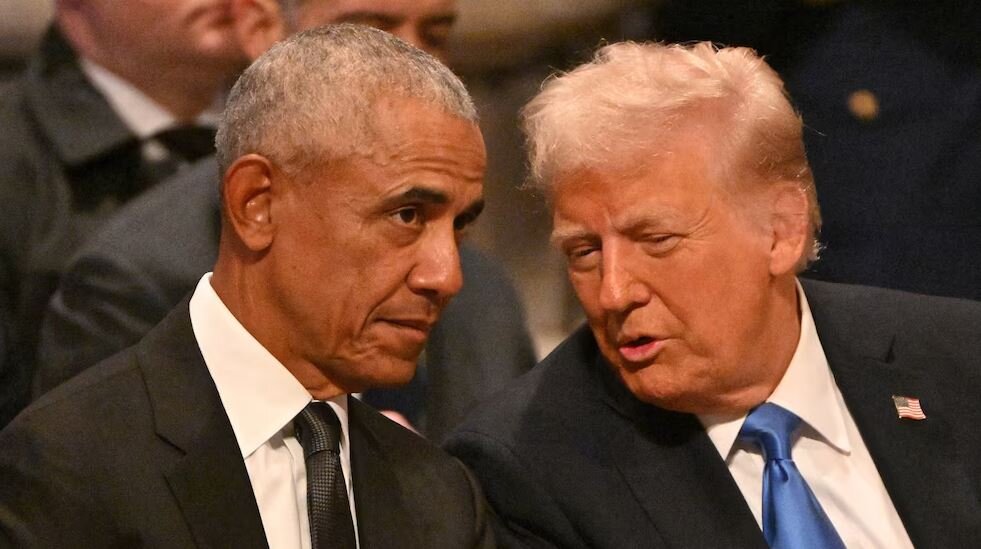The high wall of distrust built by America

TEHRAN – Ayatollah Seyyed Ali Khamenei, the Leader of the Islamic Revolution, recently addressed the possibility of future talks with the United States in remarks that garnered worldwide attention.
By referencing past experiences, he not only clearly outlined Iran's stance on potential talks with the U.S., but also made clear the reasons for Iran's deep-seated aversion to engaging in them. The following are the main and key points of the Leader’s remarks:
History offers valuable lessons
In his Friday comments, Ayatollah Khamenei referenced the 2010s negotiations, notably the Joint Comprehensive Plan of Action (JCPOA), to underscore Iran's negative experience with the U.S.
He pointed out that Iran made substantial concessions, only to see the U.S. not only renege on its commitments but also obliterate any remaining trust by abandoning the JCPOA and escalating sanctions.
This experience, as explained by the Leader, illustrates that negotiations with the U.S. have not only failed to benefit Iran but have actively worsened its situation through heightened pressure and sanctions. This historical context shapes Iran's current position on future talks.
Beyond the JCPOA, the unpredictable behavior of the U.S., particularly during the Trump administration, has fostered a deep-seated distrust. The U.S.'s repeated failure to honor its commitments, even under international treaties, is a primary reason why negotiating with the U.S. is considered irrational, unwise, and dishonorable. This entrenched distrust of U.S. policies has created a formidable barrier, one that the Americans appear to have little interest in dismantling.
Talks with U.S. will not help solve domestic issues
Ayatollah Khamenei stated explicitly that negotiations with the U.S. would not resolve Iran's internal problems.
He pointed to the economic and livelihood challenges facing the Iranian people, emphasizing that the solution lies within Iran itself, not in negotiations with foreign and hostile powers. This position reflects the leadership's independence-oriented outlook, which prioritizes domestic capabilities and the determination of both officials and the people to overcome these challenges.
He further identified domestic challenges and reiterated that their resolution hinges on national unity and the concerted efforts of both government officials and the Iranian people.
Iran must face threats firmly and reciprocate aggressions
Elsewhere in his remarks, Ayatollah Khamenei said the Americans are busy working “on paper to change the map of the world”, with Iran also being the subject of their plans.
“Of course, it's only on paper, it has no reality," the Leader noted.
He elaborated on how Iran should be responding to such U.S. behavior, stating that Iran should maintain a resolute stance against threats and meet any aggression against its national security with a firm and reciprocal response.
"If they threaten us, we will threaten them. If they act on their threat, we will act on ours. And if they undermine our national security, we will certainly undermine theirs as well,” the Leader declared.
The Leader’s commitment to protecting Iran's security and national interests from external pressures and his approach in that matter are grounded in Islamic principles and Quranic teachings, things the Islamic Republic has done its best to follow since the very beginning.
Leave a Comment